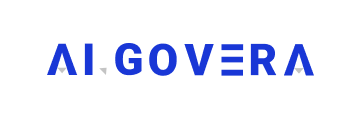Name of project
Project Alan
Proposal in one sentence
To develop a novel neural network architecture based on the fundamental information flows of the human brain in order to provide the foundations of artificial general intelligence (AGI).
Description of the project and what problem is it solving
Human-like artificial intelligence (AGI) does not currently exist. Alphastar, one of the most cutting-edge real-time AI systems in recent years, can perform at an expert level on the complex strategy game StarCraft 2. It is estimated that training took the equivalent of 60,000 years and cost $7 million in compute time. This cost is effectively an energy bill and represents an enormous carbon footprint. Perhaps more significantly, these systems show extremely brittle performance i.e. Alphastar would perform poorly even across similar tasks, let alone different ones – and retraining would generate similar compute overheads. Put simply, current technologies are irretrievably flawed, and a future built around them would be unsustainable. Tweaking these brittle foundations will not give the breakthroughs required; they must be replaced.
Project Alan is a fundamentally different approach: at the core of Alan’s architecture is a radically new neural network architecture. The underlying concepts were developed by distilling the fundamental information processing capabilities of the brain. Early proof of concept (PoC) was reached at the end of 2021 with subsequent milestones through the first half of 2022. The system is currently capable of classic image classification tasks at performance levels comparable to existing machine learning technologies.
The project has so far operated in stealth and not accepted any external funding. The PoC milestone has triggered a transition phase in the project.
Project Alan is founded on the belief that AGI is going to be one of the most important tools ever developed by mankind and that it should not be acquired and owned by ‘big tech’. The next phase of development will focus on researching integration with decentralized data repositories and protocols.
Grant deliverables
- Research the publishing of MNIST-compatible dataset to Ocean Protocol
- Explore the potential benefits of IPFS for this new type of architecture
Squad
Joshua Finn Keeler
